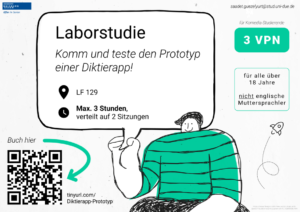Lecturer: Ali Soleymani
Attention biases—systematic tendencies to attend to certain stimuli over others—play a significant role in various psychological conditions, including substance use disorders and eating disorders. In this presentation, Ali will discuss the development and application of a free-viewing multi-stimulus eye-tracking task designed to assess attention biases toward disorder-specific cues. This task has demonstrated satisfactory reliability and criterion validity in measuring attention bias for alcohol versus soda cues.
Building upon this methodology, Ali extended the application of the eye-tracking task to investigate attention biases in individuals with eating disorders. Preliminary findings suggest that eating disorder-specific rumination moderates the association between attentional bias to food images and eating disorder symptoms.
Understanding these biases offers valuable insights into the cognitive processes underlying these disorders and informs the development of targeted interventions. For instance, attentional retraining programs can be designed to modify maladaptive attention patterns, potentially reducing cravings in substance use disorders or preoccupation with food and body image in eating disorders .
In addition to presenting research findings, Ali provides educational strategies for researchers and clinicians to incorporate attention bias assessment and modification techniques into their practice. These strategies include implementing attentional retraining protocols and utilizing eye-tracking technology to monitor treatment progress. By integrating these approaches, we can enhance our understanding and treatment of cognitive biases in various psychological disorders.




